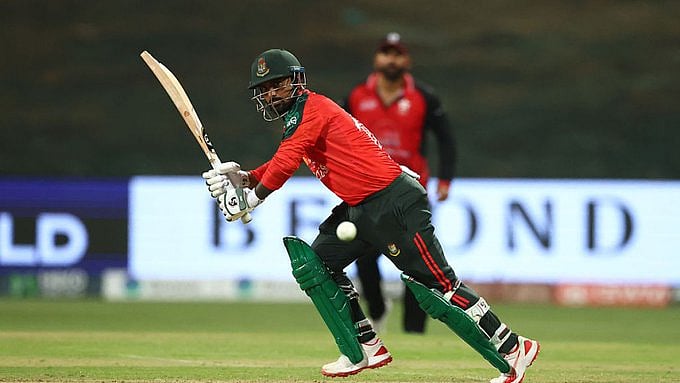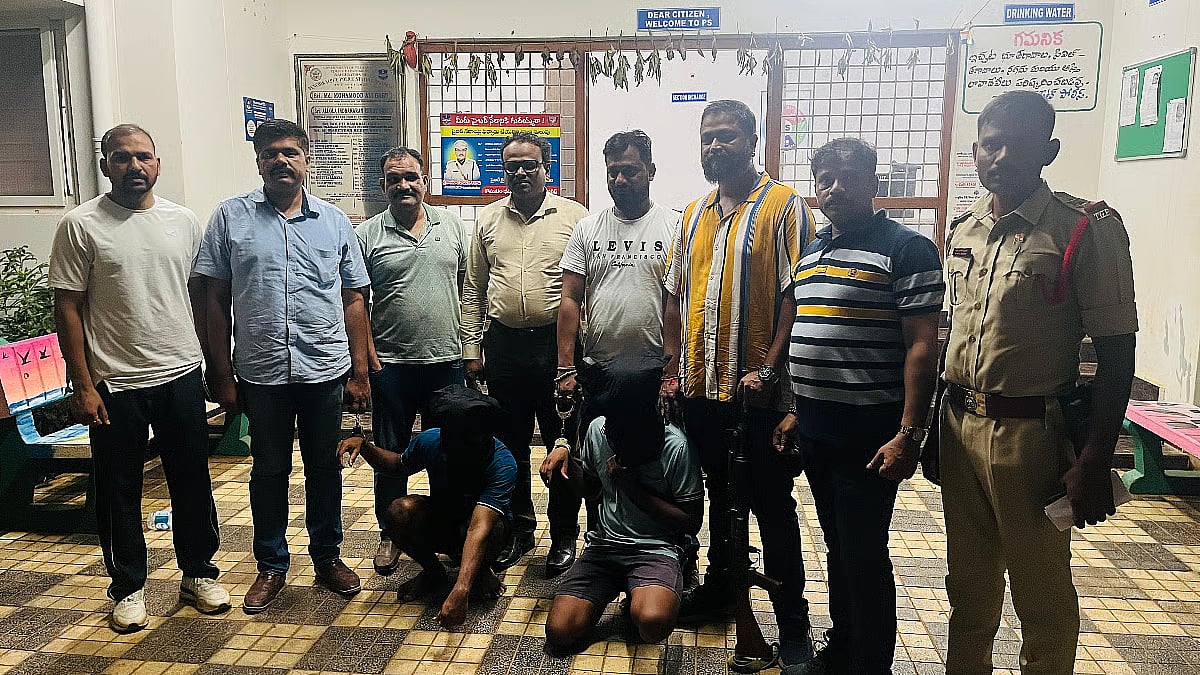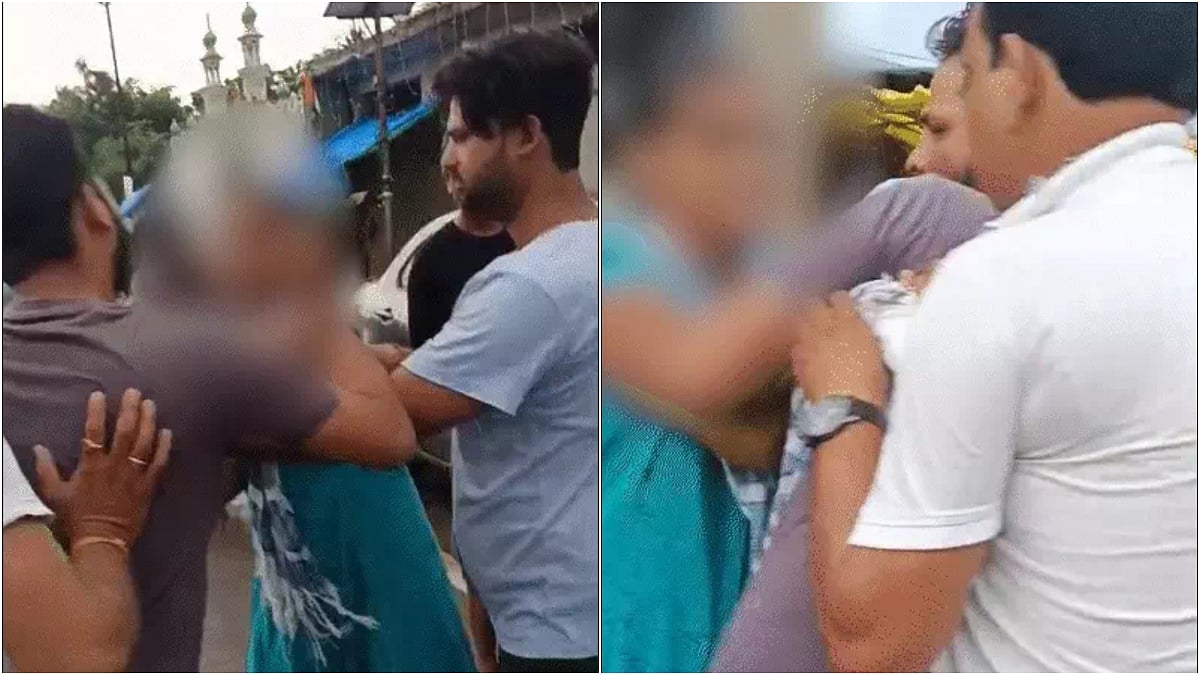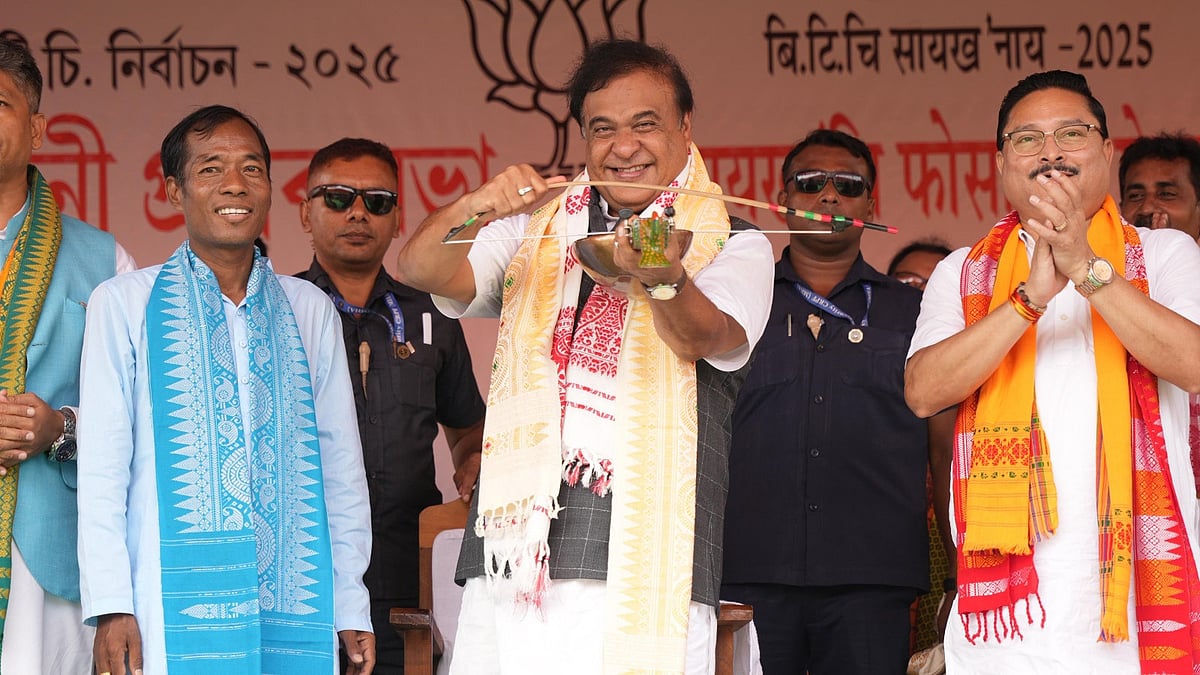Afrida Rahman Ali, Executive Editor, Free Press Journal, discussed the impact and message of Operation Sindoor with Brigadier Rumel Dahiya, a distinguished Army veteran, and Jayanta Roy Chowdhury, senior journalist and columnist.
Q&A with Brigadier Rumel Dahiya
Afrida Rahman Ali: India has described Operation Sindoor as “focused, measured and non-escalatory.” What does this signify for a regular viewer?
Brig. Rumel Dahiya: It means that our strikes were aimed precisely at terror hubs, not military assets. The intent was to show that we’re targeting terrorists, not engaging Pakistan’s military. We don’t want war. We’ve exhausted all peace efforts. But we’ve drawn a clear line—terrorism against Indians won’t be tolerated.
Afrida: India did not target civilian areas or military establishments. Was this vital in ensuring international support?
Brig. Dahiya: Absolutely. We've shown restraint despite provocation. By limiting our response to terror infrastructure, we’ve conveyed a strong message without violating international norms. That enhances our global credibility and shows political will—both of which are crucial for deterrence.
Afrida: Is India now perceived differently on the world stage after these precision strikes?
Brig. Dahiya: Yes. Today’s India is strategic and mature. We’ve demonstrated capability and control. The global community has visual proof—we struck legitimate terror camps, not randomly. This raises our standing as a responsible power that prioritizes national interest while avoiding escalation.
Afrida Can we expect retaliation from Pakistan? And if so, how prepared are we?
Brig. Dahiya: We’re fully prepared. But more importantly, we've already communicated through diplomatic channels—NSA-level talks with the US, Saudi Arabia, UAE, Qatar. Our message is clear: we do not want war, but if provoked again, we will respond forcefully.
Afrida: What about the issue of local support to infiltrators within India?
Brig. Dahiya: Yes, there is a network of overground workers (OGWs) aiding terrorists. But loyalty shifts. People gravitate toward the side that’s winning—and strategically, India is. We’ve drastically reduced terror casualties. Still, surveillance and rooting out local support must continue.
Afrida: Final word—Is Operation Sindoor an effective deterrent?
Brig. Dahiya: Yes, it is. We've shown resolve and restraint. Our goal isn't to destroy Pakistan—it’s to stop state-sponsored terrorism. And if they don’t change, we’ll act again. They must know: if you shelter terror, we will strike. Wherever you are.
Q&A with Journalist Jayanta Roy Chowdhury
Afrida Rahman Ali: You once wrote India must act with resolve, not reckless anger. Does Operation Sindoor reflect that?
Jayanta Roy Chowdhury: Absolutely. This was a mature, calibrated response. I suspected something would happen, though not drone-led strikes. It wasn’t emotional—India acted with restraint and precision. We showed we won’t be provoked into overreaction.
Afrida: Do you believe this action strengthens India’s global standing?
Chowdhury: Yes. Last time after 26/11, India showed immense restraint. But we also built global pressure—leading to FATF sanctions on Pakistan. Today, we’ve again made the point—Pakistan harbors terrorists like Masood Azhar, who still roams free despite being a UN-designated terrorist.
Afrida: How significant is the unity shown by Indian citizens and leaders post-attack?
Chowdhury: It’s our biggest moral victory. We didn’t react communally. We stood united as Indians. From Kashmiri voices to national leaders—everyone said: “Not in our name.” It shows maturity and humanity—traits our adversaries clearly lack.
Afrida: What’s your view on India’s messaging to the world, especially through women officers and foreign secretary at the press briefing?
Chowdhury: It was symbolic and powerful. Colonel Sofia Qureshi and Wing Commander Nyomika Singh representing the armed forces conveyed dignity and diversity. It tells the world: this is who we are—professional, united, gender-inclusive, and committed to justice.
Afrida: How should India deal with the radical elements still operating within?
Chowdhury: We need a strong de-radicalization movement. Not by random crackdowns, but by strategy—monitoring, intervening, and preventing youth from falling prey. Radicalism can be religious, ideological, or political—it must be rooted out holistically.

Afrida: Is the regional situation making this tougher?
Chowdhury: Yes. Look at Bangladesh—once a model, now facing radical currents. But most people there are pro-India. The key is to isolate radical pockets without damaging people-to-people goodwill. India can’t rise alone if its neighborhood burns.Conclusion
Afrida Rahman Ali wrapped the discussion, emphasizing that Operation Sindoor is not just a military strike—it is a statement of intent, of values, and of India's refusal to be bullied by terrorism. The defense forces acted with discipline. The political leadership showed maturity. And the people stood as one.










